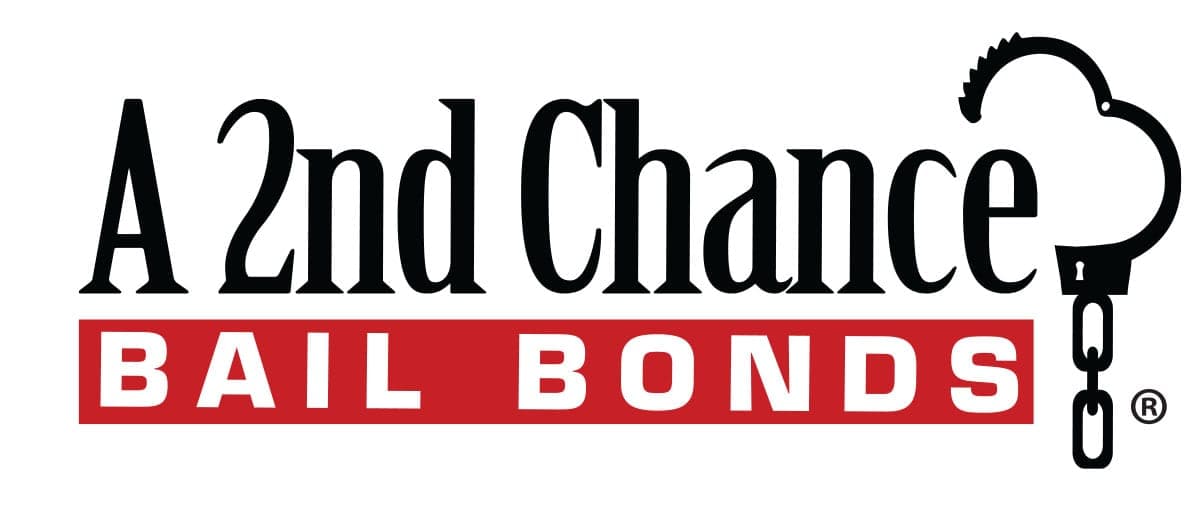
Obviously, minors with illegal drugs on their person or in a backpack can be charged with drug possession but did you know that a minor having Adderall without a prescription is subject to the same juvenile law? Being convicted of a DUI, even as a juvenile, has lifelong consequences. That’s because, in Georgia, a DUI conviction cannot be expunged – it will stay on your child’s driving record forever.
With juvenile arrests on the rise nationally, the chance that parents and guardians may have to select an attorney to represent their minor is increasing. In most states, juveniles are defined as individuals under the age of 18 but in some states the juvenile moniker refers to those under 17. In either case, picking a lawyer to work with a charged juvenile includes nuances not usually associated with adult representation.
Juvenile courts emphasize rehabilitation and prevention more than adult courts, which focus on punishment. Judges who specialize in juvenile cases preside over less formal juvenile proceedings, which favor restitution, educational and treatment program completion and probation. Knowing how a juvenile court operates and being familiar with the faces there can be invaluable. However, committing a serious offense, such as murder or aggravated assault, or having an extensive criminal history may warrant the juvenile be prosecuted as an adult.
In many jurisdictions, juvenile records are automatically sealed when the juvenile reaches adulthood. However, some courts require that the individual involved petition the court to seal the records. Be sure to check the policy of the jurisdiction where your minor’s case was handled to know how to proceed.
Be aware that when your minor applies to a college or university, most public and private institutions will require applicants to reveal past criminal convictions and pending legal issues during the admission process. The same required disclosure holds when applying for federal student loans. Obviously, potential employers will inquire about criminal convictions during pre-employment screening, and similar questions will be asked when professional licensures are involved.
Attorneys who are familiar with the juvenile courts systems, their staffs and the lifelong consequences at play in a juvenile arrest can be invaluable to parents and guardians navigating this tricky legal landscape.






